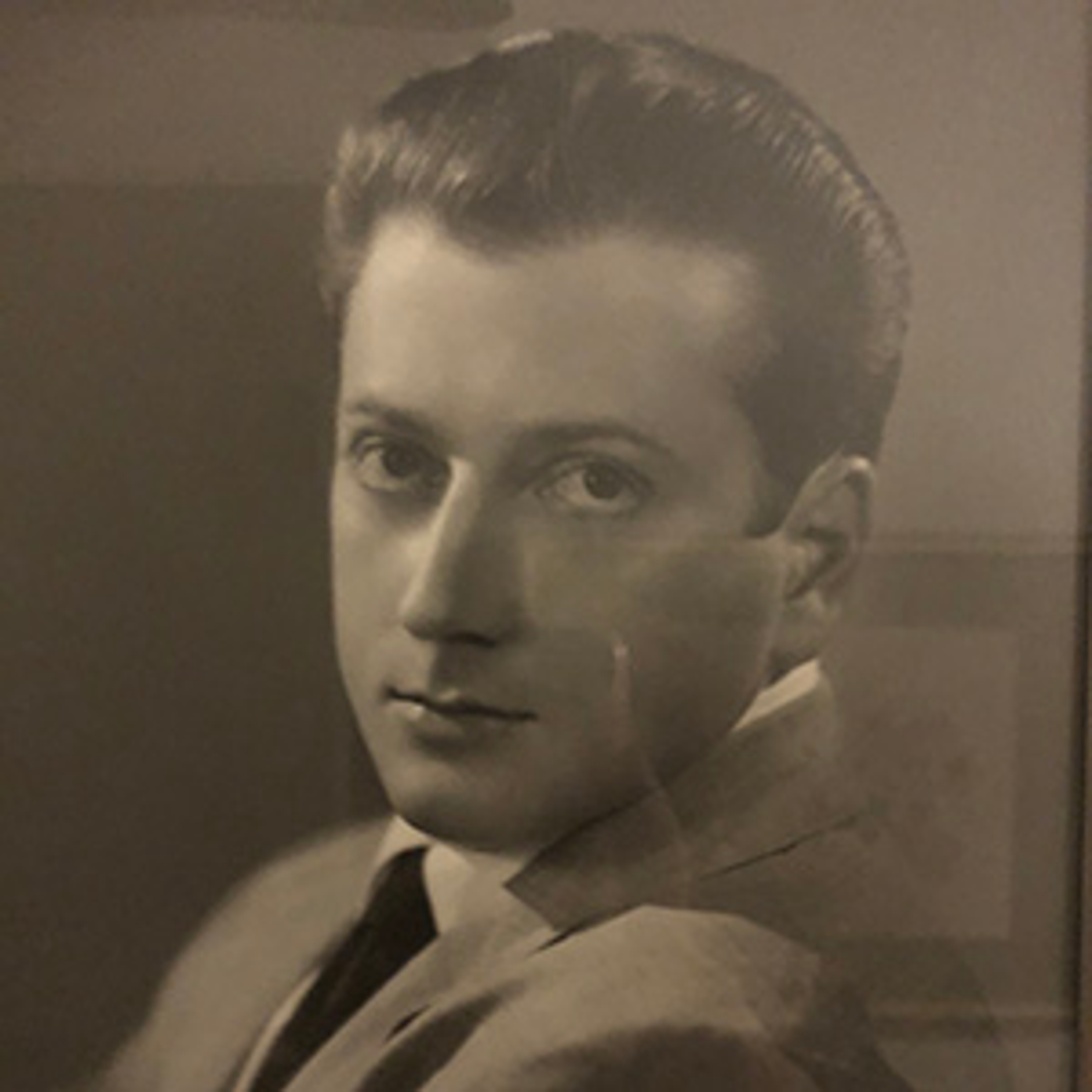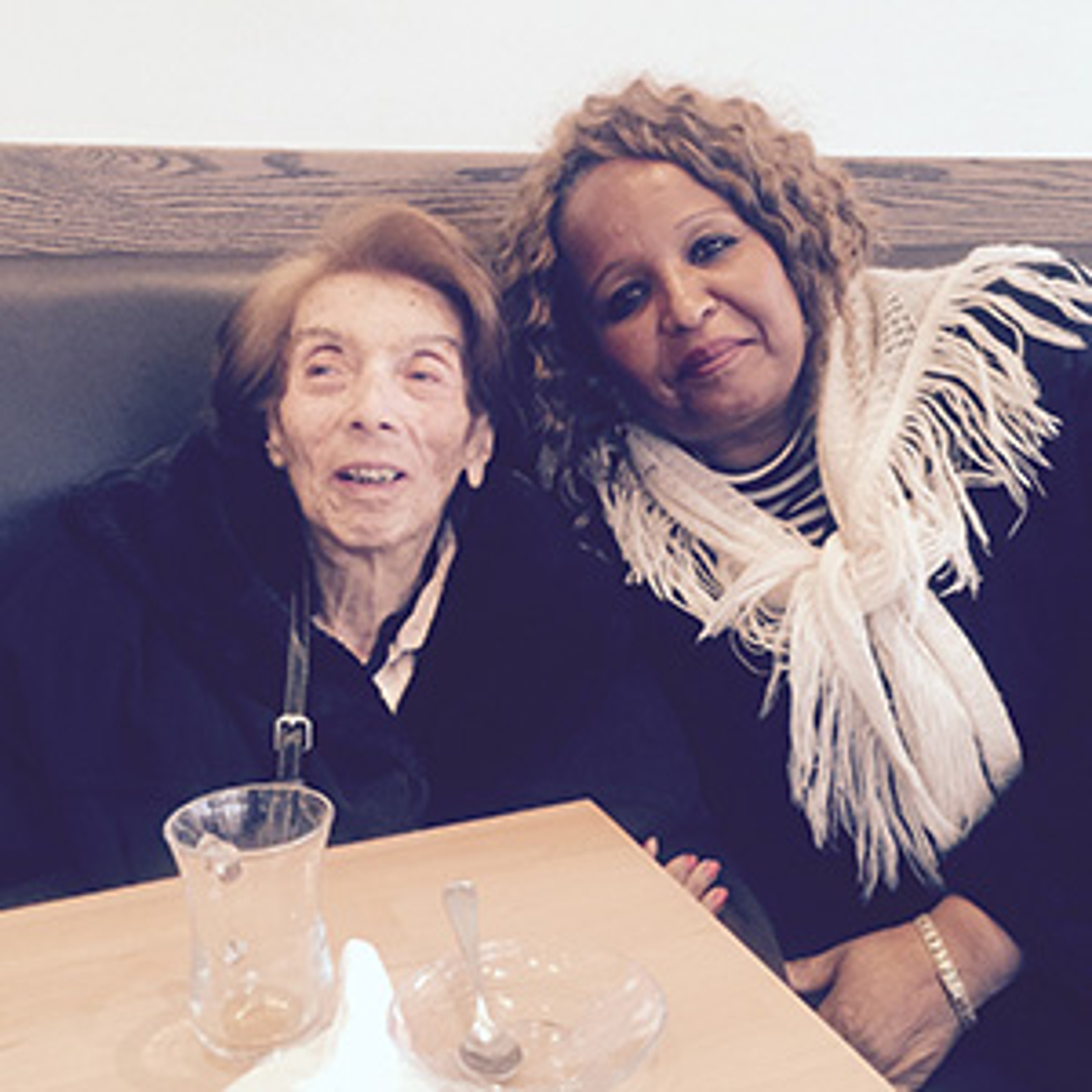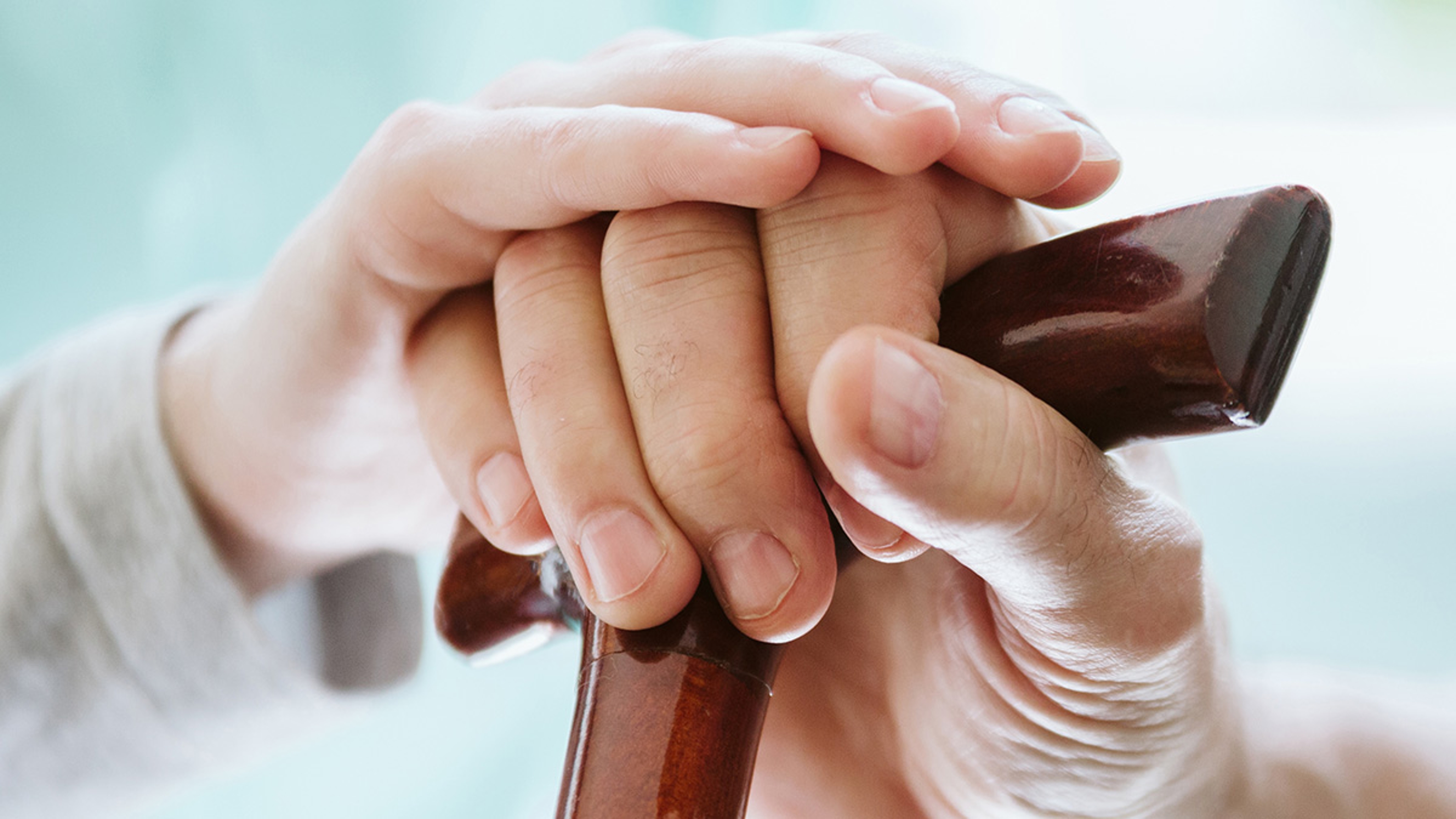When You’re a Caregiver, Who Cares for You?
Every caregiver needs support, but they are often stretched too thin and are too exhausted to seek it.
Feb 19, 2022
Many of us one day may have to take over the long-term care of a loved one. Whether the cause is illness, injury or aging, whether you hire and supervise caregivers or administer the care yourself, the burdens can be overwhelming if you don't have support. The series “The Gift of Care" offers stories, ideas, and advice for recognizing the caregivers in our lives and avoiding caregiver burnout.
Over the past decade, Mark Teich and his wife, Pam, directed care for his father and her mother, both in their 90s. His dad had Alzheimer's, and Pam's mom, Freddie, had gone blind from glaucoma, becoming increasingly frail and sickly. They died, respectively, at 98 and 100 years old. When Pam and Mark took over their caregiving, they already had their hands full with full-time jobs and two young adult sons who had their own struggles. The combined responsibilities ended up dominating their lives.
Caring for Mark's dad
Mark's father Hal was a retired movie industry technician/engineer who had designed and built his family's home, and in retirement had managed a complex investment portfolio. But when Hal reached his mid-90s, Mark realized his father could no longer add or subtract. When Mark finally persuaded him to be tested, he was diagnosed with Alzheimer's, and from then on, as his only child, Mark was in charge of his survival.

Because his dad wanted to live out his days in the home he'd built, Mark hired the best home care agencies he could find to tend to him 24/7 year-round. Since Mark and his wife lived in New York and his dad lived in LA, he installed camera equipment so that he could check every day to make sure they were treating his dad right.
“If I saw something amiss, I immediately called the caregiver," Mark says. “Still, I never felt I was doing enough to protect him, and it was horrible to see a man who had been so competent and independent become so completely helpless."
Pam and Mark took over all his finances. Whenever they came to LA, they had to scour the house for all his mail so they could find and pay months' worth of bills, handle his income and property taxes, and respond to other overdue communications.
Mark and Pam also oversaw his broad-ranging medical care. Each time they came to LA, they took his dad to a series of medical appointments that were always scheduled for their visits. Mark also had to make the cross-country trip more and more on unscheduled visits when his dad ended up in emergency hospitals as his health began failing.
“I once brought my dad home from a stay in the hospital, got on a plane back to New York, and the moment I stepped off the plane I learned he was back in the hospital and needed lifesaving colon cancer surgery. So, I immediately hopped another plane back to LA," Mark recalls. “At a certain point when my dad was in the hospital again, I ran out of days off, so my wife flew to LA in my stead, slept in the hospital with him for a week, and then found and checked him into a top-notch rehab facility before finally coming home. She was a godsend for both me and my dad — basically a caregiver to me as well as him."
Caring for Pam's mom
Pam's mom Freddie lived on the East Coast, and when she went blind, Mark and Pam moved her to residential, or long-term care, in their Brooklyn neighborhood so Pam would always be minutes away. Pam visited in the evenings a couple of times a week, and her brother came one day over the weekend from Manhattan to spend a day with his mom and give Pam a respite. Then Mark and Pam took her out to her favorite restaurant Saturday or Sunday night.
When you're devoted to the care of your significant others, it very often leaves little time for yourself.
Gillian Leithman, Ph.D.
When Freddie's health deteriorated and she spent more and more time in hospitals, Pam was there with her every minute of those stays. By being so present, she extended her mom's life on several occasions by spotting errors made by staff and finding specialists to cure her mom of horrific ailments even when the hospitals deemed treatment impossible.
“People who aren't family are often very willing to give up on and ignore the wishes of older people who are too weak and sick to speak up clearly for themselves, so it's vital for them to have a caring advocate there with them," Pam explains. “My being there kept her alive a good five or six years longer."
Privilege and pressure
While Mark and Pam both considered it a privilege to give back to their loved ones, it was all-encompassing. For starters, vacations were history; all they ever did on weeks off was fly to LA to handle everything they could for Mark's dad.
“When you're devoted to the care of your significant others, it very often leaves little time for yourself," notes Gillian Leithman, Ph.D., a retirement specialist whose clients are often charged with taking care of their elders. “This can cause great stress because there are such limitations on your ability to rejuvenate and recharge."
As demanding as it was to manage their parents' care, Mark and Pam knew they were fortunate to be able to afford professional caregivers because it's a vastly greater burden for those who live with their loved ones and provide all the care themselves. “We often see these caregivers burn out, and sometimes they end up dying before those they're caring for," says Leithman.
Leithman holds weekly sessions to help caregivers care for themselves on 1-800-Flowers.com's Celebrations Community, a no-cost online forum that allows you to connect with others who have either been there or are in the process of providing care to a family member, loved one, or patient.
“I tell them to take time for themselves, make sure they're exercising, eat well and sleep enough, and last but not least, put the right supports in place, including social support." While Leithman considers this advice “pretty standard," she emphasizes that it's important to provide it to avoid caregiver burnout.
“I think people need permission to take care of themselves," she says. “They need to hear that they can take an hour for themselves or go out for an evening with friends, so they can be in the right headspace to take care of somebody else."
The problem is, though every caregiver needs support, they are often stretched too thin and are too exhausted to seek it, adds Iris Arenson-Fuller, a life-and-loss transformation coach who has also served as a consultant for Wisdo, which powers the Connection Communities site. “I know about burnout and exhaustion because I have cared for several family members," she says.
Arenson-Fuller makes the point that someone can be thrust into a caregiving role at almost any age. “The most difficult time was with my first husband, when I was just in my thirties," she says. “He had rapid progressive multiple sclerosis and was severely disabled for years before his death. I was down to 97 pounds at the end, and hadn't had a period in ages, but I hadn't even noticed. I frankly was too depressed, and I had little time or ability to focus on myself."
Then, in her 40s and 50s, she again assumed an intense caregiving role with her mother. Though often with her sister's help, almost as soon as their mother died, her sister became ill, and she took over caregiving for her, albeit from a distance.
Avoiding caregiver burnout: The more support, the better
As it turns out, you can never have too much support. For starters, that means finding someone to help you with the caregiving — a relative, a friend, or if you can afford it, a professional. If your loved one lives with you, there's no shame in bringing in a pro to give you a break to help you keep your health and sanity. In ideal circumstances, you want someone who can stick with you long-term, earn your trust, and develop a real relationship with your loved one.

This is true even if your loved one lives in residential care; there are only so many hours a day these establishments can attend to each patient, so if you can afford it, it's a wonderful bonus to bring in a personal caregiver.
Pam was lucky enough to find Marie Paul Blanc, a 30-year health care pro who stayed with her mom 12 hours a day, four days a week, in whichever residence she lived, making sure all her needs were met throughout the day. Marie worked with Freddie for the last five years of her life, helping her eat, doing her nails, guiding her down the halls with her walker for exercise, bathing her, accompanying her to the toilet.
“She told me about skating at Madison Square Garden when she was young, and everything else about her life," Marie recalls. Since Freddie was blind, when Marie showed up, Freddie didn't always know who it was, so Marie would offer her hand, and Freddie would feel her nails. "Oh, it's you, Marie," she would say. Whenever she woke up from sleep, she'd say, "Marie, are you there?"
“We grew so close to one another, I still carry her photo in my purse, and I always show it to new clients," Marie says. “I tell them, 'I took care of this lady for five years, and she made it to 100 years old.'"
Seeking help from others
Marie worked with Freddie through an agency, which is important, because professional agencies offer key support for the caregiver, such as bringing in a substitute when they need days off. Marie also had extra support from her husband and two grown children, but the fact is, her husband is a lot older than her, and she sometimes ends up being a caregiver with him as well. For her, the real reinforcement and reward for all her years working have been the job itself. “It's amazing being a caregiver," she says. “I enjoy being a companion and helping people out when they're in need. This is my passion."
In addition to caregiving support, it's vital to find people to lean on for emotional support to avoid caregiver burnout. Wisdo's large Caregiving Community, Leithman points out, is one great place to start, because you're guaranteed to find somebody to really listen and respond.
“When you're going through these challenges, you need to know you're not alone. Wisdo works hard to give you a safe, nonjudgmental place to say 'This is really difficult,' or 'I need a day off,' and hear back from peers who won't take issue with you," she says. “There's great healing in knowing somebody else feels the way you feel or is struggling with the same issues you're struggling with."
.svg?q=70&width=384&auto=webp)







